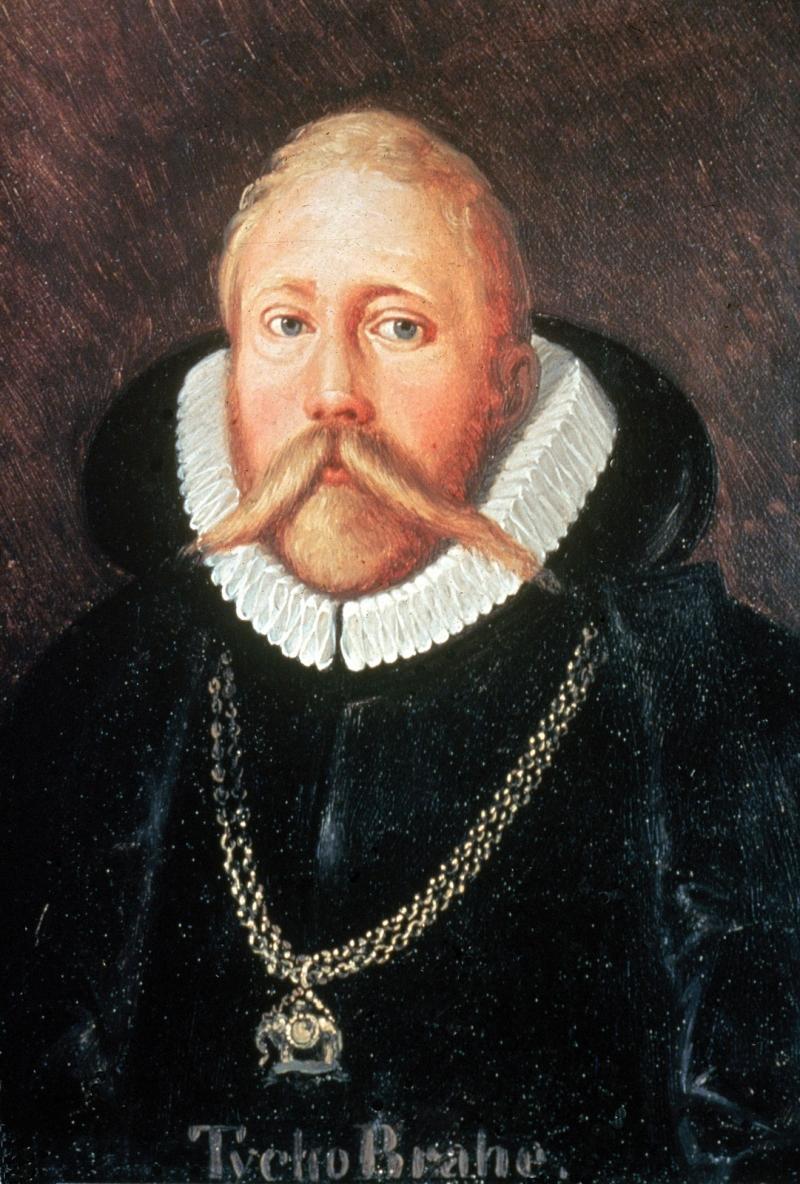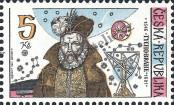
Tycho Brahe (1546-1601) was a Danish astronomer and nobleman known for his meticulous observations of the night sky. He was born into a wealthy family and received a comprehensive education in various subjects, including law, philosophy, and astronomy. However, it was his fascination with the stars that led him to pursue a career in astronomy.
Brahe's most significant contribution to the field of astronomy was his extensive and accurate observations of the movements of celestial bodies. He built several observatories, including Uraniborg on the island of Hven, where he spent most of his career. These observatories were equipped with state-of-the-art instruments designed by Brahe himself, such as large quadrants and sextants.
Brahe's observations were crucial in challenging the prevailing belief at the time that all celestial bodies revolved around the Earth. His data showed that some planets, such as Mars, had irregular orbits that could not be explained by existing theories. This paved the way for future astronomers, such as Johannes Kepler, to develop new models of the solar system.

